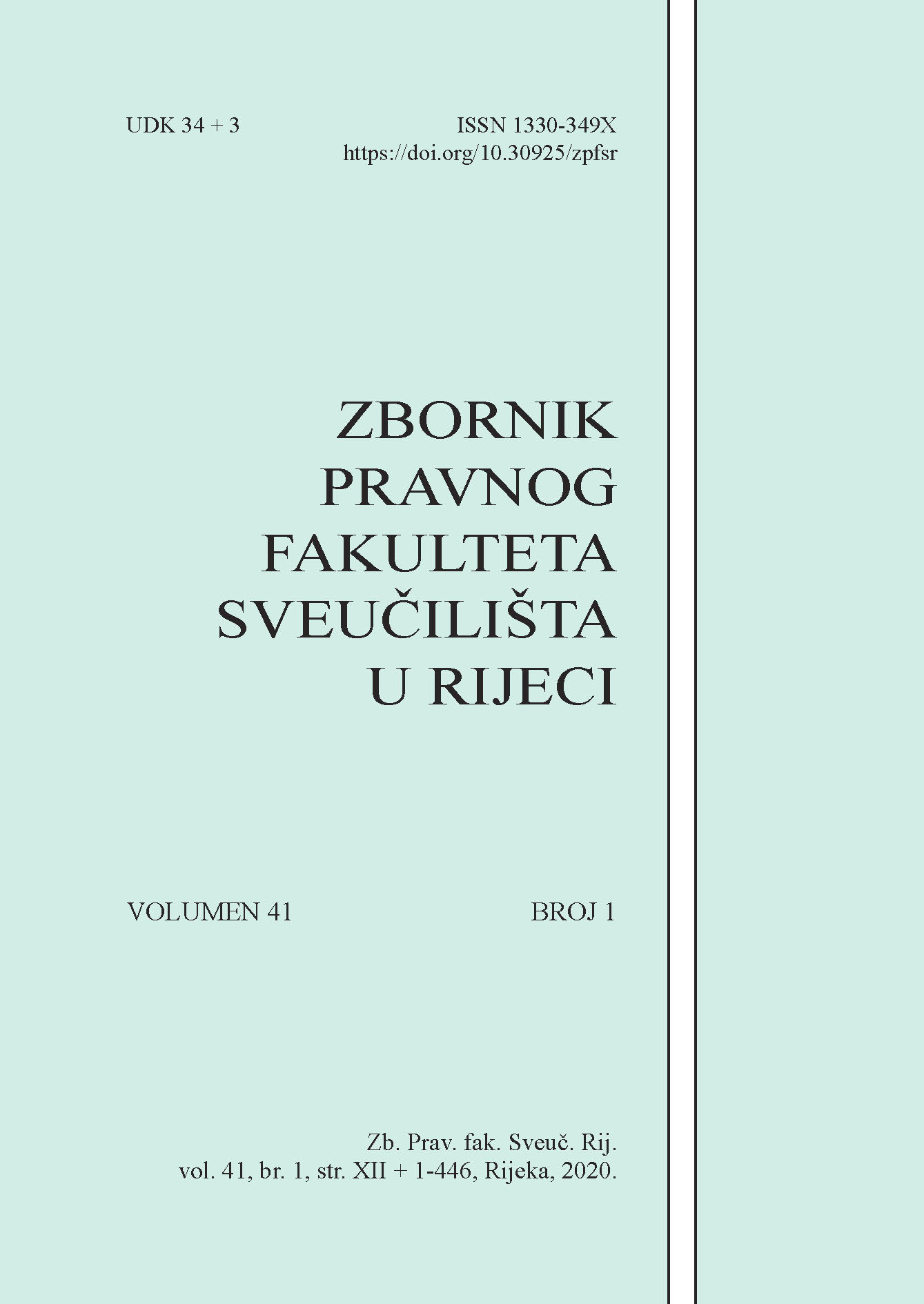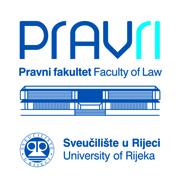SUCCESSION MATTER WITH A CROSS-BORDER ELEMENT AND JURISDICTION IN THE CONTEXT OF THE REGULATION (EU) NO 650/2012 IN MATTERS OF SUCCESSION
SOME CROATIAN AND SLOVENIAN EXPERIENCES AND CONTROVERSIES
DOI:
https://doi.org/10.30925/zpfsr.41.1.4Keywords:
succession matters with a cross-border element; principle of the unity of the estate; jurisdiction; habitual residence; agreement on the choice-of-court; Regulation (EU) No 650/2012Abstract
After four years since Regulation (EU) No 650/2012 of the European Parliament and of the Council of 4 July 2012 on jurisdiction, applicable law, recognition and enforcement of decisions and acceptance and enforcement of authentic instruments in matters of successions and on the creation of a European Certificate of Succession has been implemented, in the paper certain theoretical, as well as implementationpractical issues will be analysed and discussed, based on the results of an empirical study on the implementation of the Regulation in Croatia and Slovenia during May – September 2019.
The aim of the research is to detect and analyse the deficiencies of the existing normative regulation and problems in the implementation of the Regulation through the analysis of the normative framework of the Regulation, as well as European and national, Croatian and Slovenian implementing regulations and the experience of three groups of Croatian and Slovenian practitioners (judges, notaries, attorneys-at-law). After introductory remarks on the subject matter and methodology of the research, in the paper the succession matter with a cross-border element, the material scope of the Regulation and its relation to other European regulations are determined. Then follows the part of the paper on the principle of the unity of the estate, in which
certain issues with situations of the existence of property constituting the estate in third states are discussed, especially in neighbouring post-Yugoslav states. Within the fourth part of the paper on the jurisdiction, the issues of determining the habitual residence in practice, the challenges faced by the competent authorities in determining jurisdiction based on that link are analysed and discussed, as well as specific issues with the agreement on the choice-of-court. Challenging situations of double lis pendens in Member States are also discussed, as a consequence of the duty of a competent authority in some Member States, such as Croatia and Slovenia, to initiate succession proceedings ex officio if immovable property is located in its territory. The final part of the paper contains a summary synthesis of the main research results, as well as some reflections on the coherent implementation of the Regulation in Croatia and Slovenia, and consequently in other Member States.
Additional Files
Published
How to Cite
Issue
Section
License
Collected Papers is an open access journal. Journal does not charge article processing charges (APC) to authors. It is licensed under CC BY-NC licence 4.0.
Collected Papers of the Law Faculty of the University of Rijeka" is an Open Access journal. Users are allowed to read, download, copy, redistribute, print, search and link to material, and alter, transform, or build upon the material, or use them for any other lawful purpose as long as they attribute the source in an appropriate manner according to the CC BY licence.
The papers published in "Collected Papers of the Law Faculty of the University of Rijeka" can be deposited and self-archived in the institutional and thematic repositories providing the link to the journal's web pages and HRČAK.
Upon acceptance of the manuscript for publication by this journal, the author can publish same manuscript in other journals only with the permission of the Editorial Board (secondary publication). A repeated publication should contain a notice as to where the manuscript was originally published.



